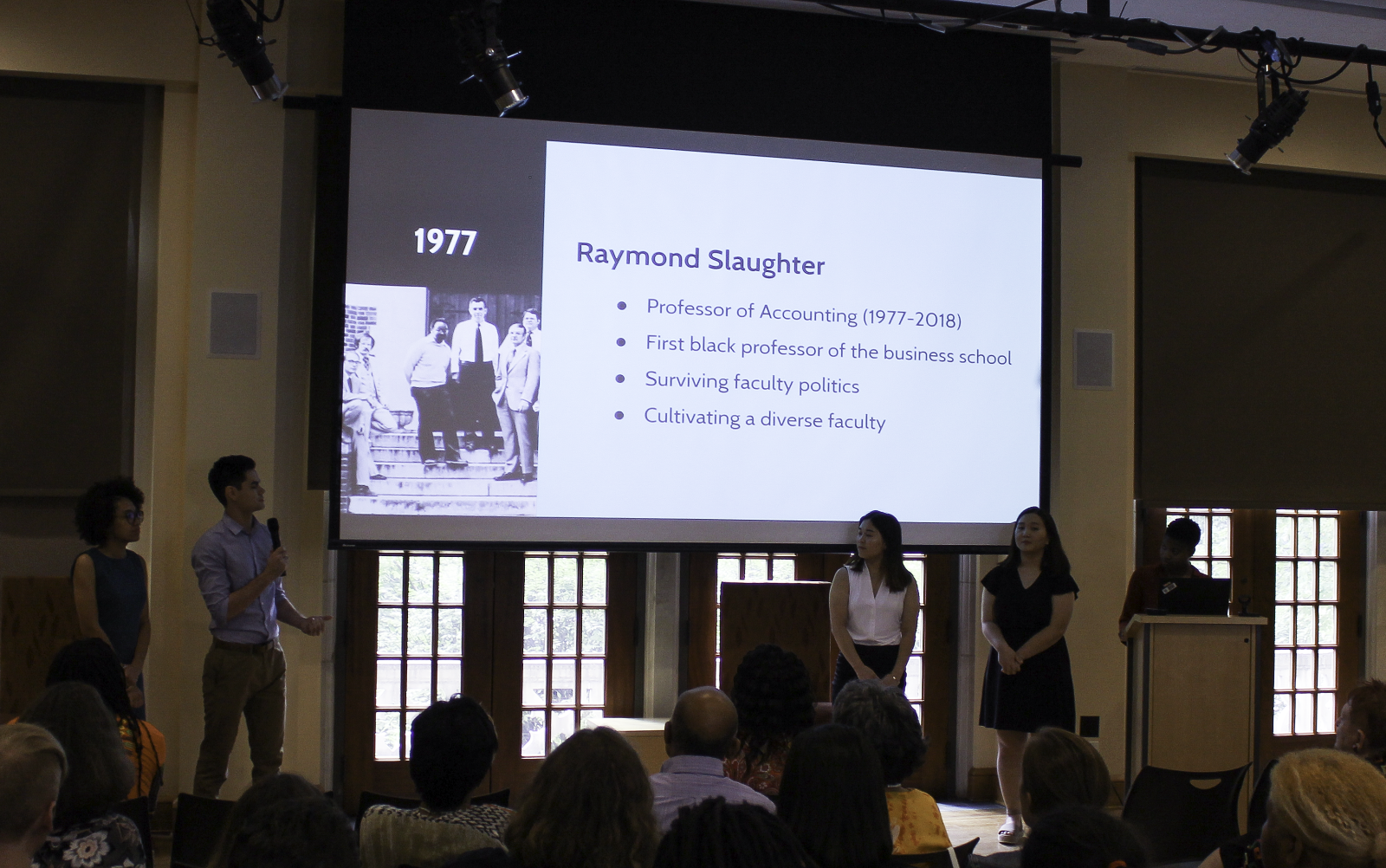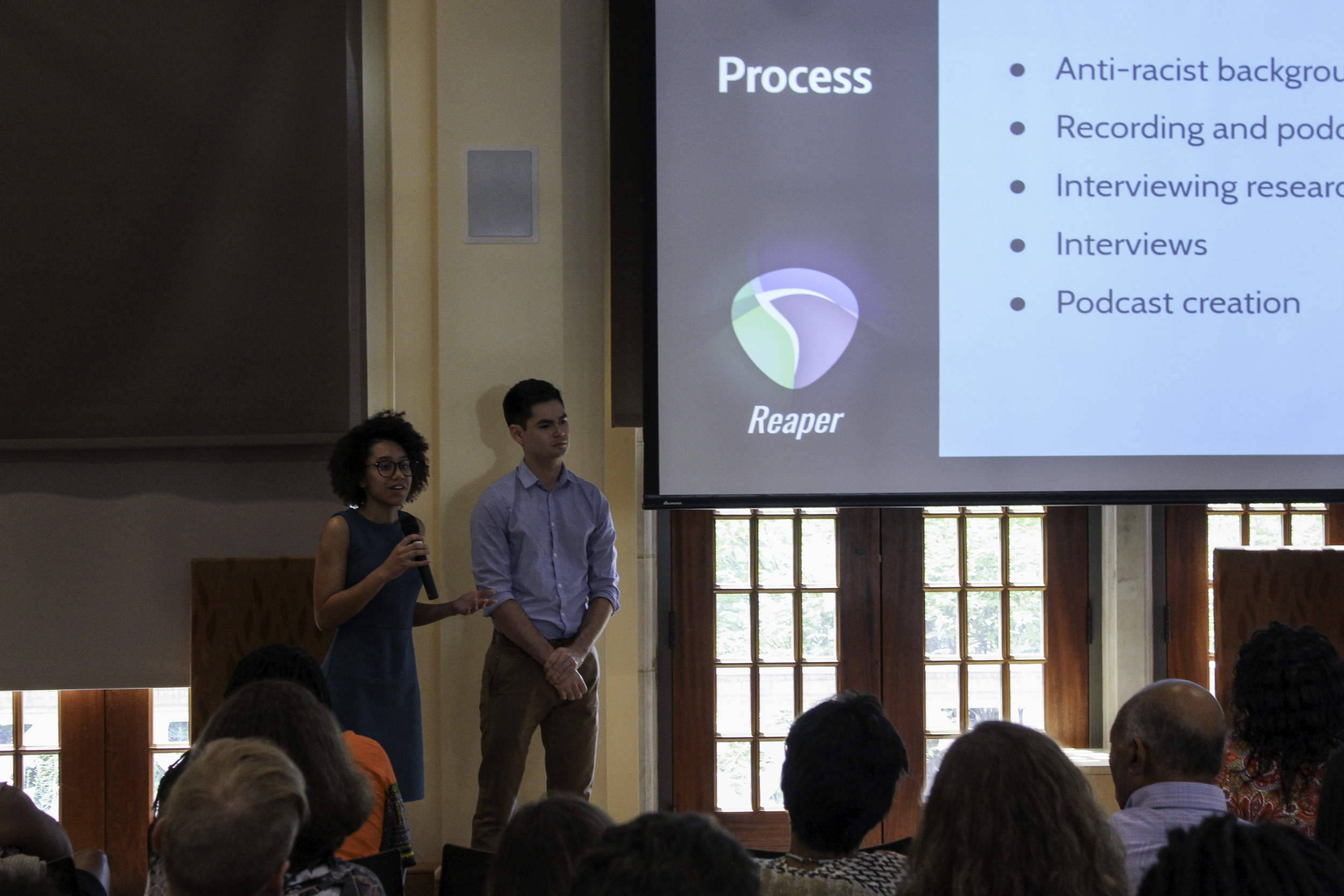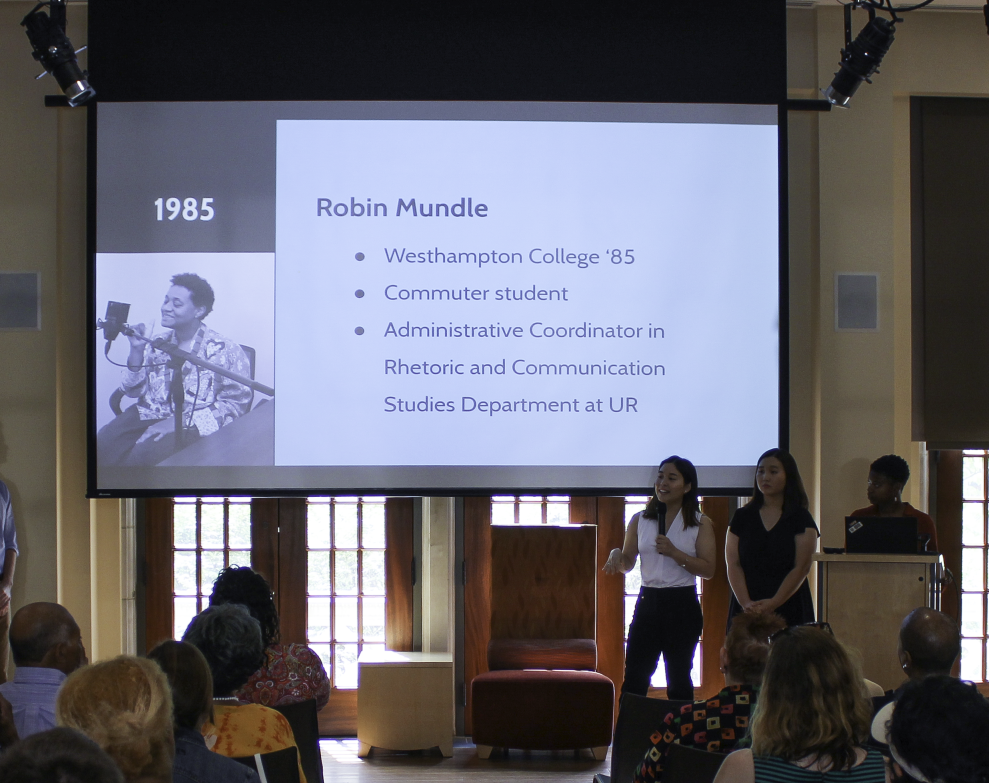by Jisu Song
Jisu Song is a sophomore from Richmond, Virginia not decided in major but minoring in Women, Gender, and Sexuality Studies (WGSS). She has been involved with the Race & Racism Project since 2019 and is currently serving in the Oral History Team. As a student, she is an executive member in WILL*, member of Sirens, and a peer advisors and mentors. She hopes to work for global audiences.
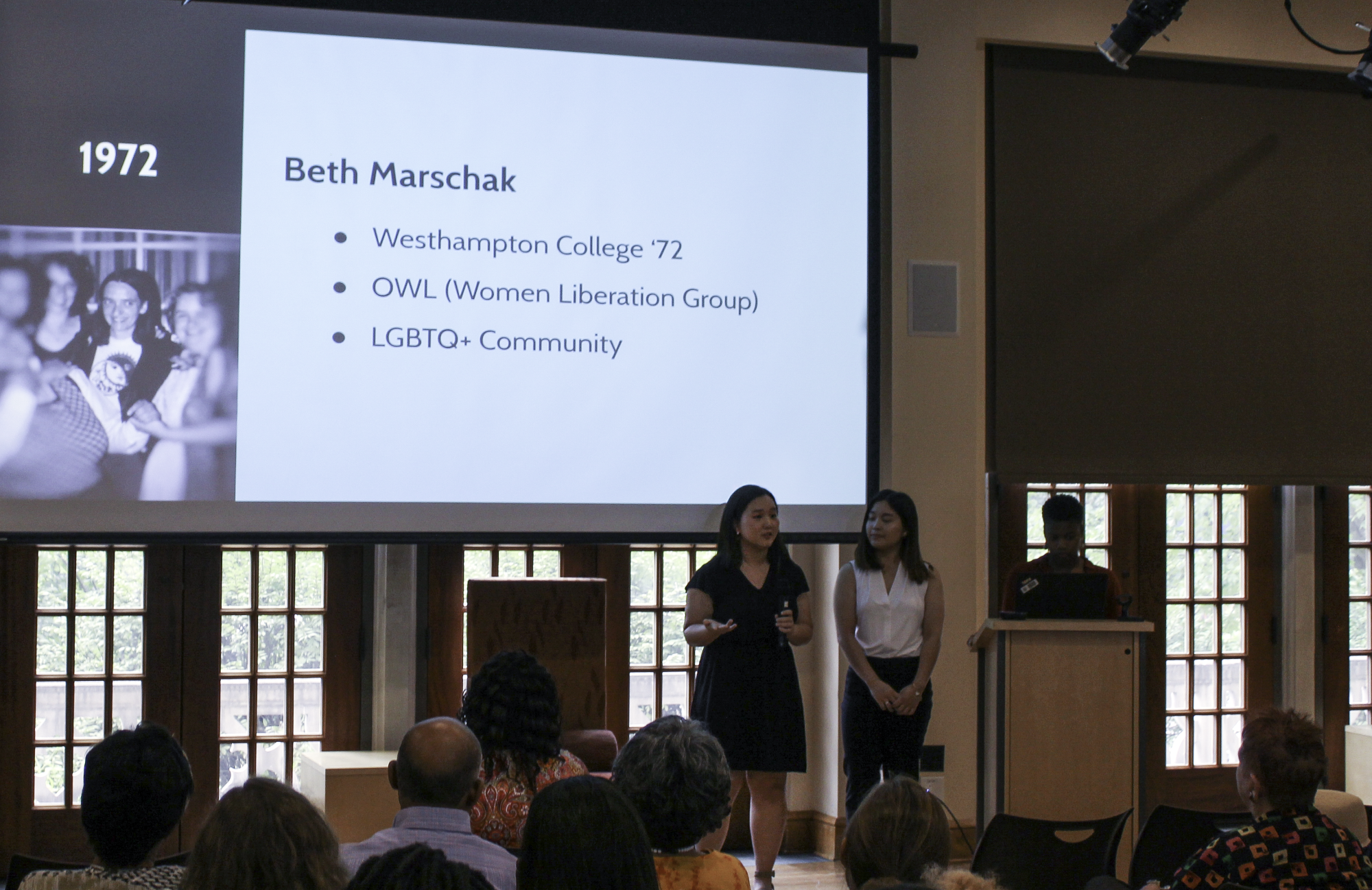 During my time in interview to join Race & Racism Project, only thing that I was certain was the passion to learn more about subtle racism and to spread information to people around me. Although my passion in working for anti-racism work, I was still uncertain how to convince people. I understood people’s controversial about racism. I always had a debate with my family, how our racism stereotypes are created by society but also embedded in our self as well. I was not sure how we will be able to approach these racial stereotypes because many people could easily say that their acquaintances also could act the same ways as the racial stereotypes. Through this summer research and interviews, my uncertainty changed to very strong belief: societal stereotypes are very dangerous and can create people’s expectation, societal norms, and racist views that could change as normal. “New Racism” is very subtle and exist as norm in the everyday life. Through interviews, I realized how this could affect students of color or people of color.
During my time in interview to join Race & Racism Project, only thing that I was certain was the passion to learn more about subtle racism and to spread information to people around me. Although my passion in working for anti-racism work, I was still uncertain how to convince people. I understood people’s controversial about racism. I always had a debate with my family, how our racism stereotypes are created by society but also embedded in our self as well. I was not sure how we will be able to approach these racial stereotypes because many people could easily say that their acquaintances also could act the same ways as the racial stereotypes. Through this summer research and interviews, my uncertainty changed to very strong belief: societal stereotypes are very dangerous and can create people’s expectation, societal norms, and racist views that could change as normal. “New Racism” is very subtle and exist as norm in the everyday life. Through interviews, I realized how this could affect students of color or people of color.

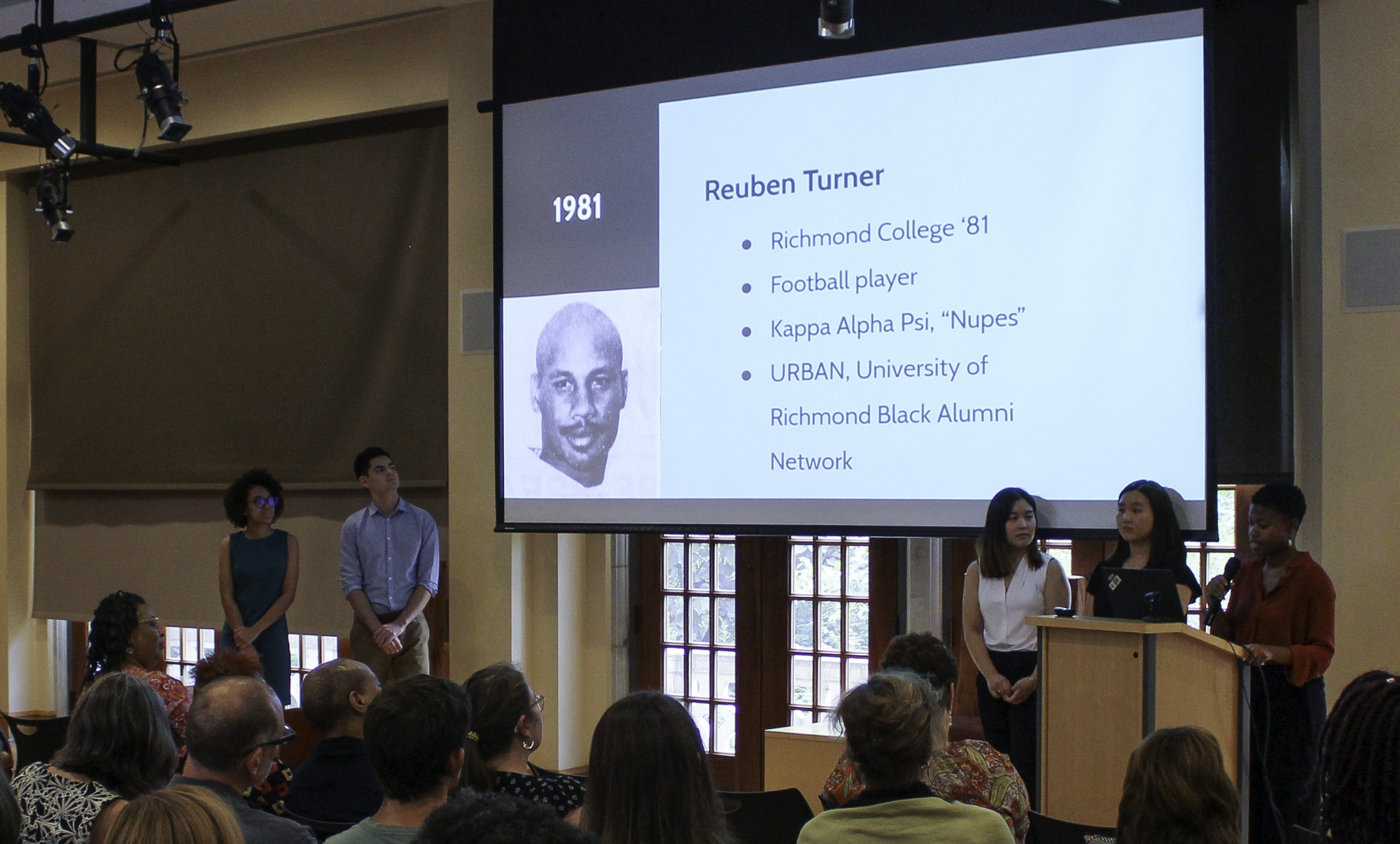 It was nearing the end of June and I knew I needed to finalize a subject for my podcast. Having interviewed two football players, I thought about focusing on that, but I knew I had no real connection to the subject. I juggled with the idea of why there’s no Black Studies program or department, but that sounded like a lot of extra research. I also thought about doing something related to the need for safe spaces for students of color, but I felt I didn’t have the material. But after I sat in on
It was nearing the end of June and I knew I needed to finalize a subject for my podcast. Having interviewed two football players, I thought about focusing on that, but I knew I had no real connection to the subject. I juggled with the idea of why there’s no Black Studies program or department, but that sounded like a lot of extra research. I also thought about doing something related to the need for safe spaces for students of color, but I felt I didn’t have the material. But after I sat in on 